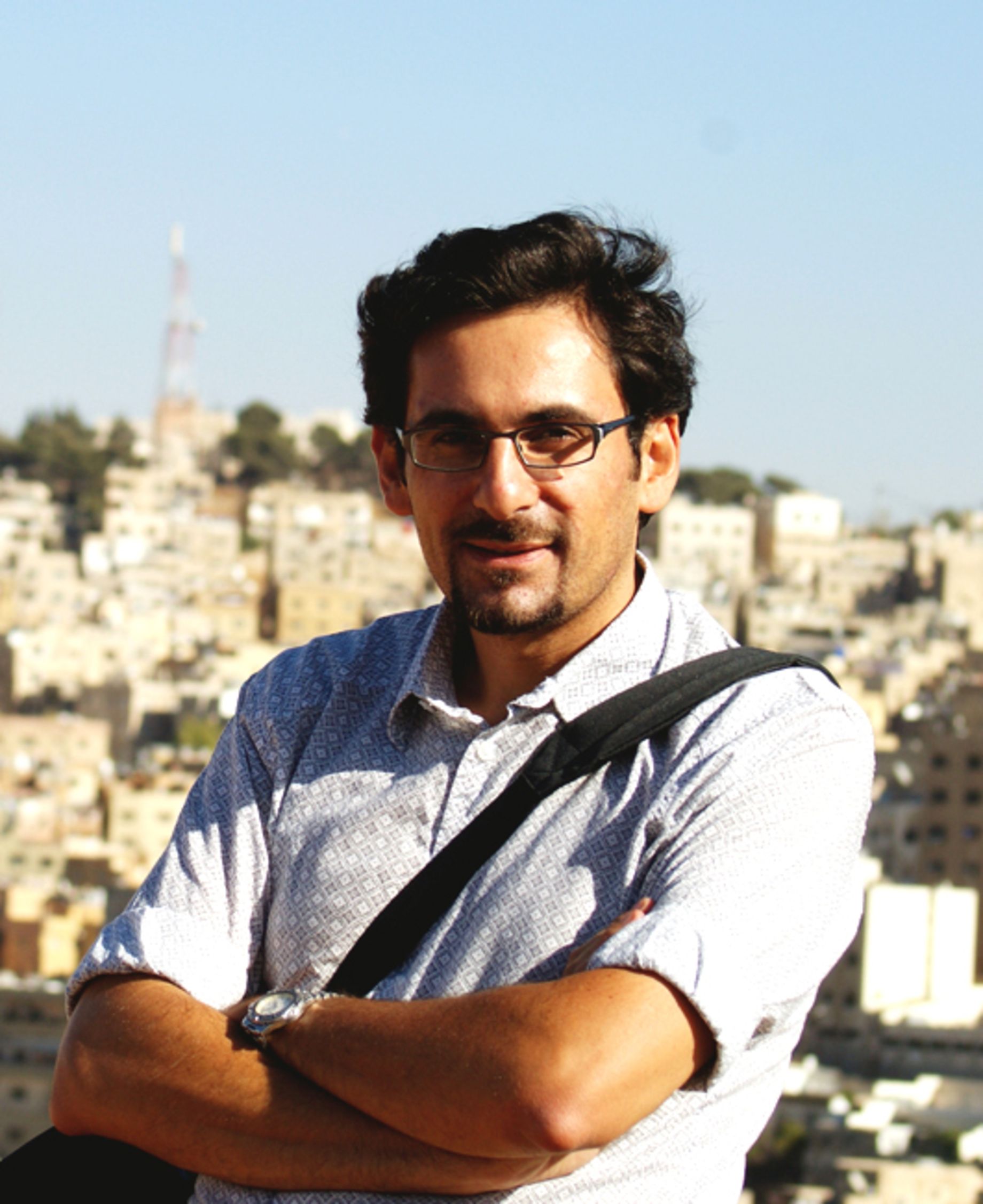Fasād, Authority and the Discursive Production of Reform and Revolution in Jordan
Yazan’s doctoral dissertation investigates the generative role of the concept of fasād (corruption) during the wave of protests in Jordan in 2011-12 and in political discourses and events leading up to them since the late 1980s. His earlier work investigated the emergence of a Jordanian linguistic register of ‘Āmmiyya (Low) Arabic in relation to the social and a political transformation since the emergence of the modern nation state.
Yazan’s dissertation, “Fasād, Authority and the Discursive Production of Reform and Revolution in Jordan”, is an ethnography of governance, political action and mobilization drawing on fieldwork conducted at Amman’s municipality and poor neighborhoods during the wave of protests in 2011-12. The dissertation grapples with the salience of the concept of fasād (corruption) during the protests among discourses and during events leading up to them since the economic crisis in the late 1980s. Rather than starting from a sociological definition, the dissertation looks at how fasād is used and materialized in political practice and discourse—by political activists, ordinary Jordanians, and state actors—as a diagnostic of “what went wrong” and a form of intervention or criticism. It considers how people use fasād to make sense of their living conditions, their anticipated life trajectories and relations to political authority. In so doing, the dissertation touches upon a set of interrelated themes: the production and foreclosure of personal and collective futures; the shifting meanings of governance and citizenship from personal care to impersonal market-informed citizenship; the ethical and pragmatic dimensions of the political critique of fasād; and the intertwinement of secular and religious understandings of the concept.


